Managing money can feel overwhelming, but the right book can make it simple. Personal finance books break down topics like budgeting, saving, investing, and planning for the future in ways that anyone can follow.
They offer stories, strategies, and practical steps to help you make smarter choices with your money. I’ve noticed that the best ones don’t just explain numbers, they also teach how to build confidence and long-term habits.
You’ll find recommendations for beginners, couples, women, young adults, and anyone preparing for retirement or investing.
Let’s start by looking at the best overall personal finance books that stand out right now.
Why Reading Personal Finance Books Matters
With so much financial advice available online, it’s fair to wonder why books remain so important. The answer is depth and reliability.
A well-researched book gives you structured guidance that short articles or quick tips can’t always provide. Authors often spend years refining their methods, which means you get tested strategies instead of passing trends.
Books also allow you to revisit lessons whenever needed, making them lifelong tools for building confidence with money.
Best Personal Finance Reads by Category
Different readers need different advice. The best book for you depends on your life stage, goals, and money challenges.
Must-Reads for Everyone
Below are my top personal finance books that stand out. Each one teaches money skills in a simple way and works for readers at different stages of life:
1. The Psychology of Money
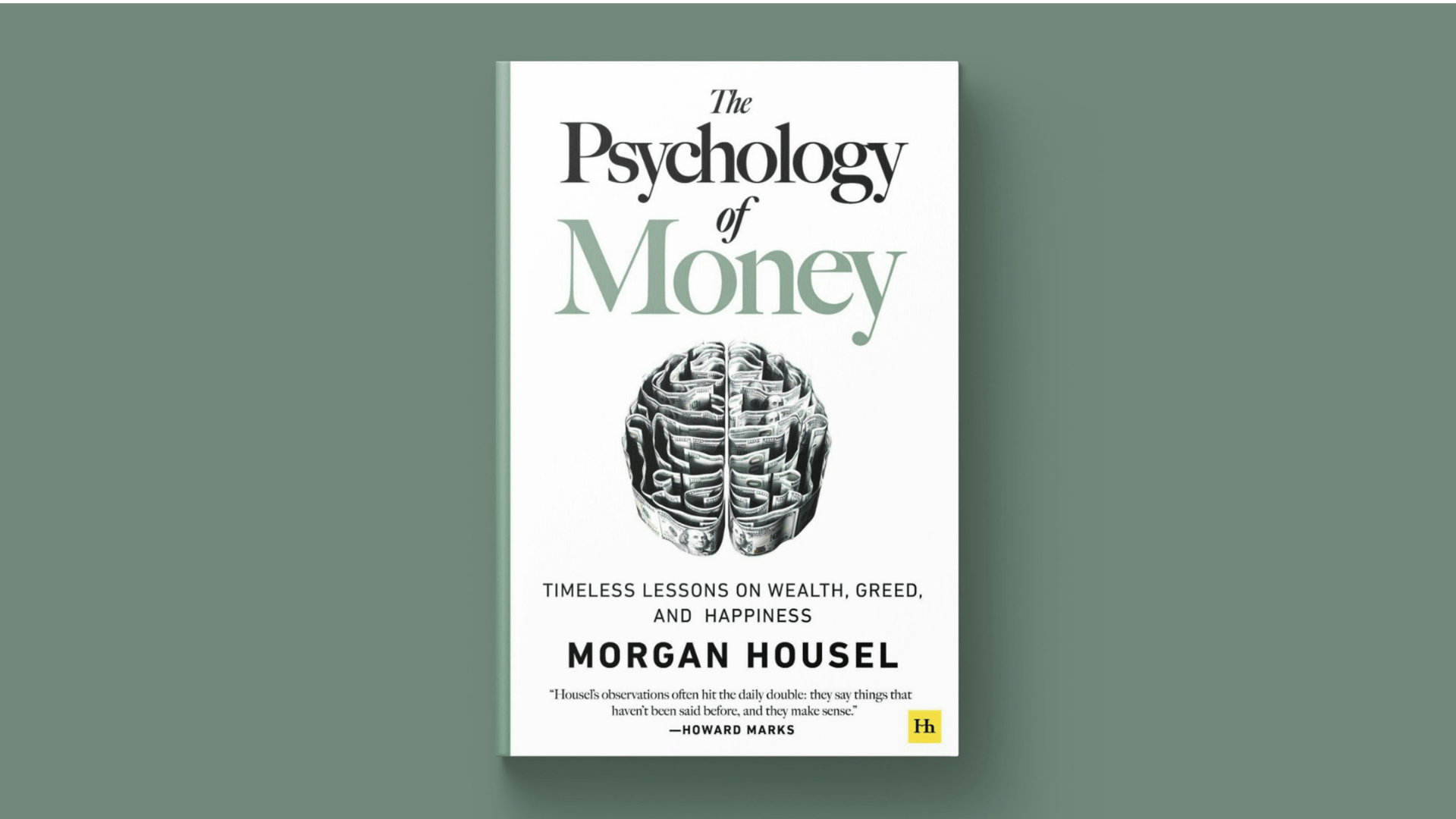
Morgan Housel’s book The Psychology of Money explains how emotions shape money choices more than math does. It’s ideal for readers who want to understand money behavior and avoid mistakes.
It’s ideal for readers who want to understand the behavior behind money decisions. The strength lies in storytelling that makes complex ideas easy to understand.
2. Rich Dad Poor Dad
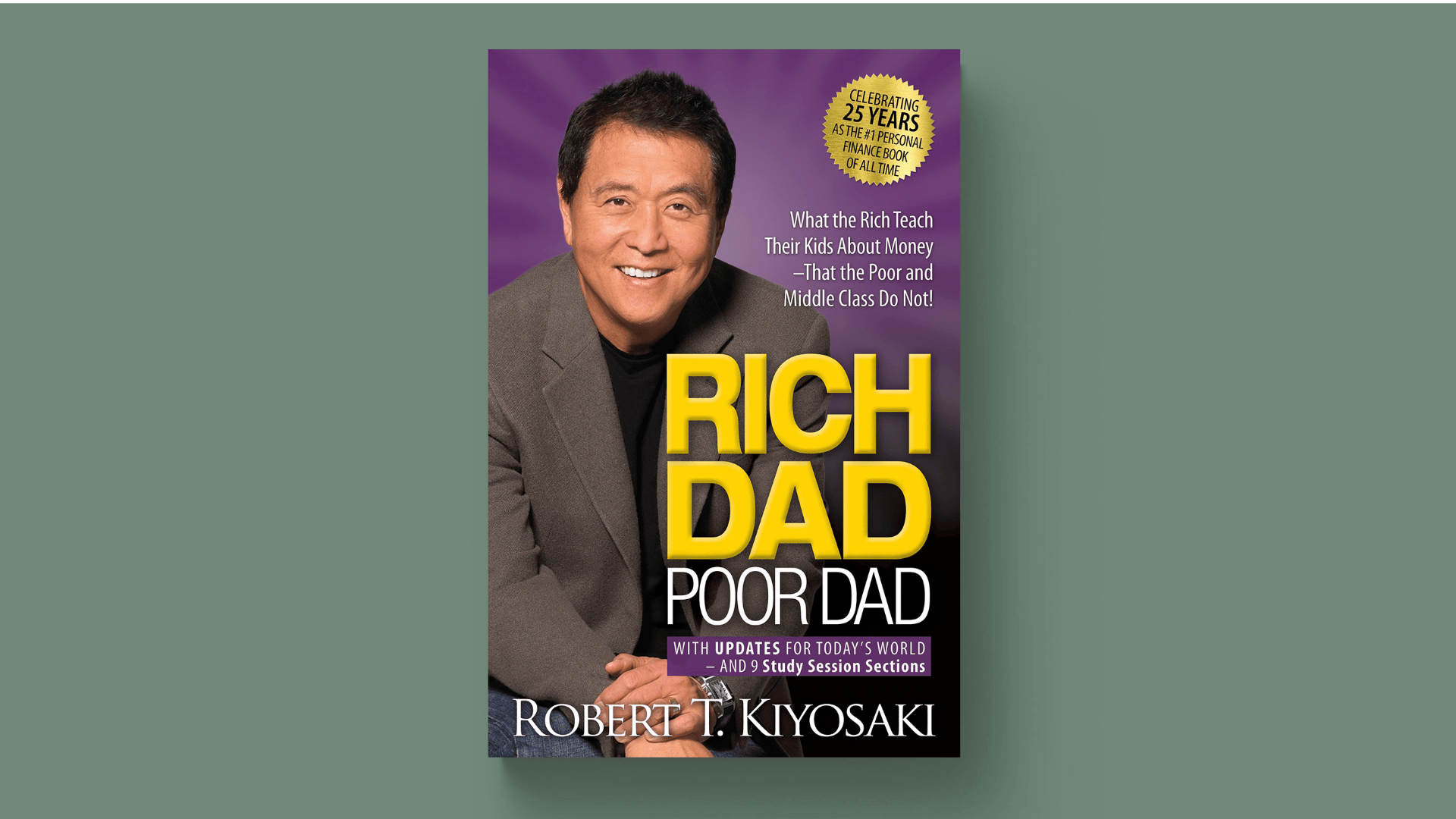
Rich Dad Poor Dad by Robert Kiyosaki is a classic that teaches the difference between working for money and making money work for you. It’s best for people starting their financial learning.
The book inspires with stories and simple ideas about assets and liabilities. Critics argue it’s short on step-by-step advice, yet it remains popular for sparking a change in mindset.
3. I Will Teach You to Be Rich
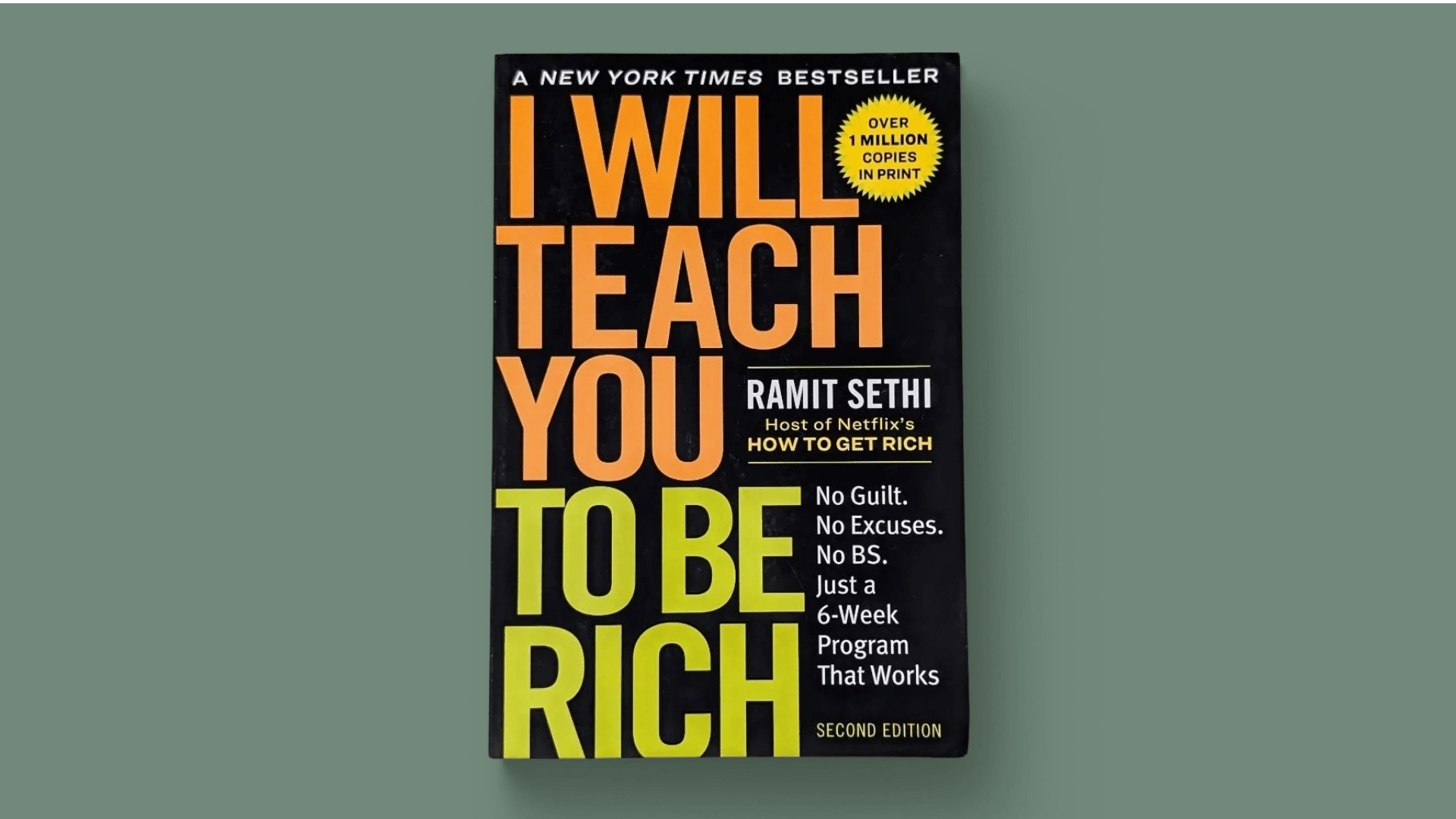
Ramit Sethi’s I Will Teach You to Be Rich is a modern guide that’s practical and action-based, focusing on banking, saving, and investing. It’s written in a direct, friendly style for young professionals who want quick wins.
The book’s pros include updated tools and simple systems. On the downside, some may find its tone too casual, but the strategies are effective and easy to apply.
Finance Books to Start Your Money Journey
If you’re just starting your money journey, these books will give you the basics without overwhelming details:
4. Broke Millennial
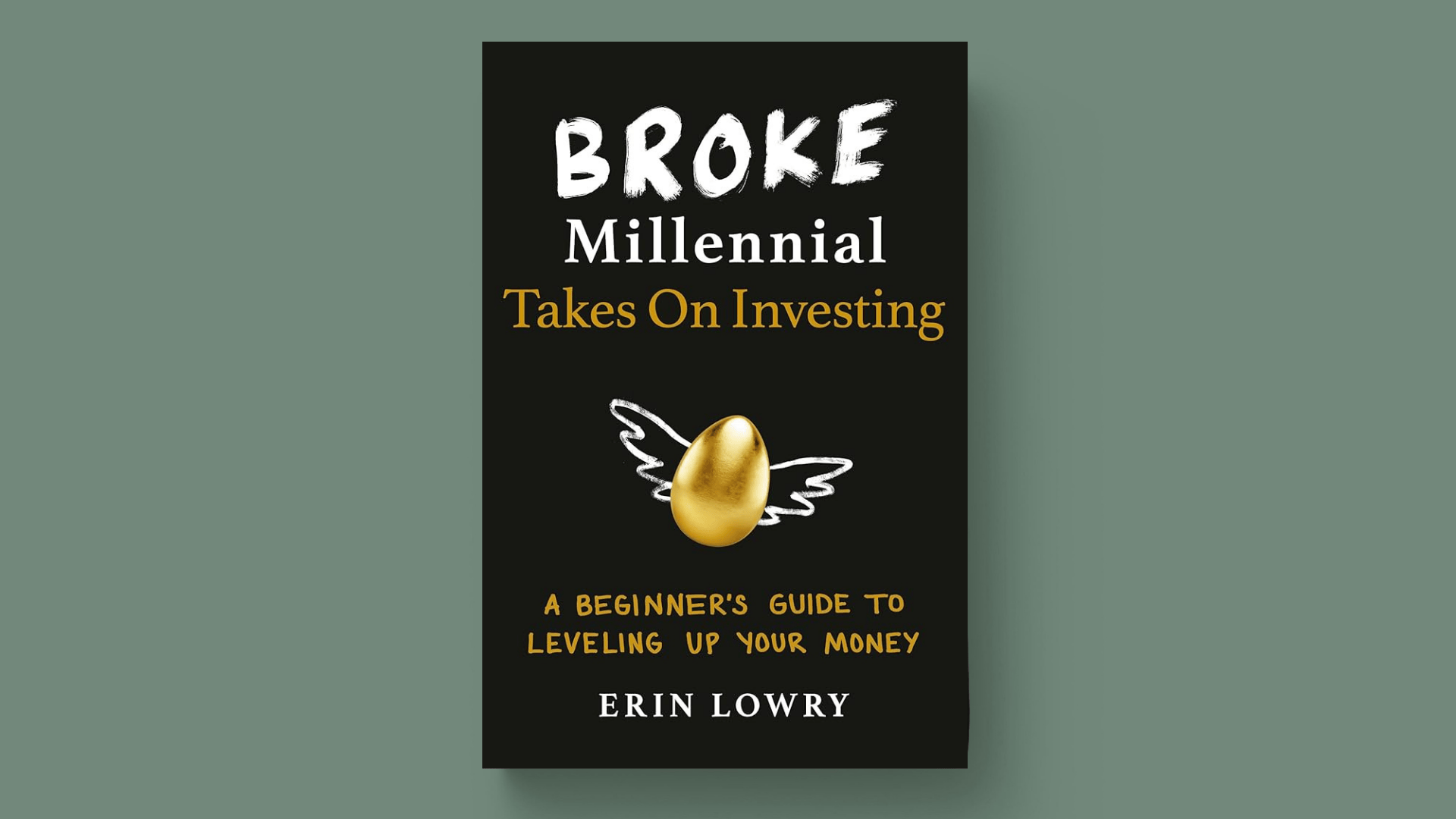
Broke Millennial by Erin Lowry is designed for young adults learning about money for the first time. It covers student loans, credit cards, and budgeting in a fun, simple way.
The humor and real-life stories make it easy to follow. Some may find it targeted more toward millennials, but the lessons work for anyone starting out.
5. Get Good with Money
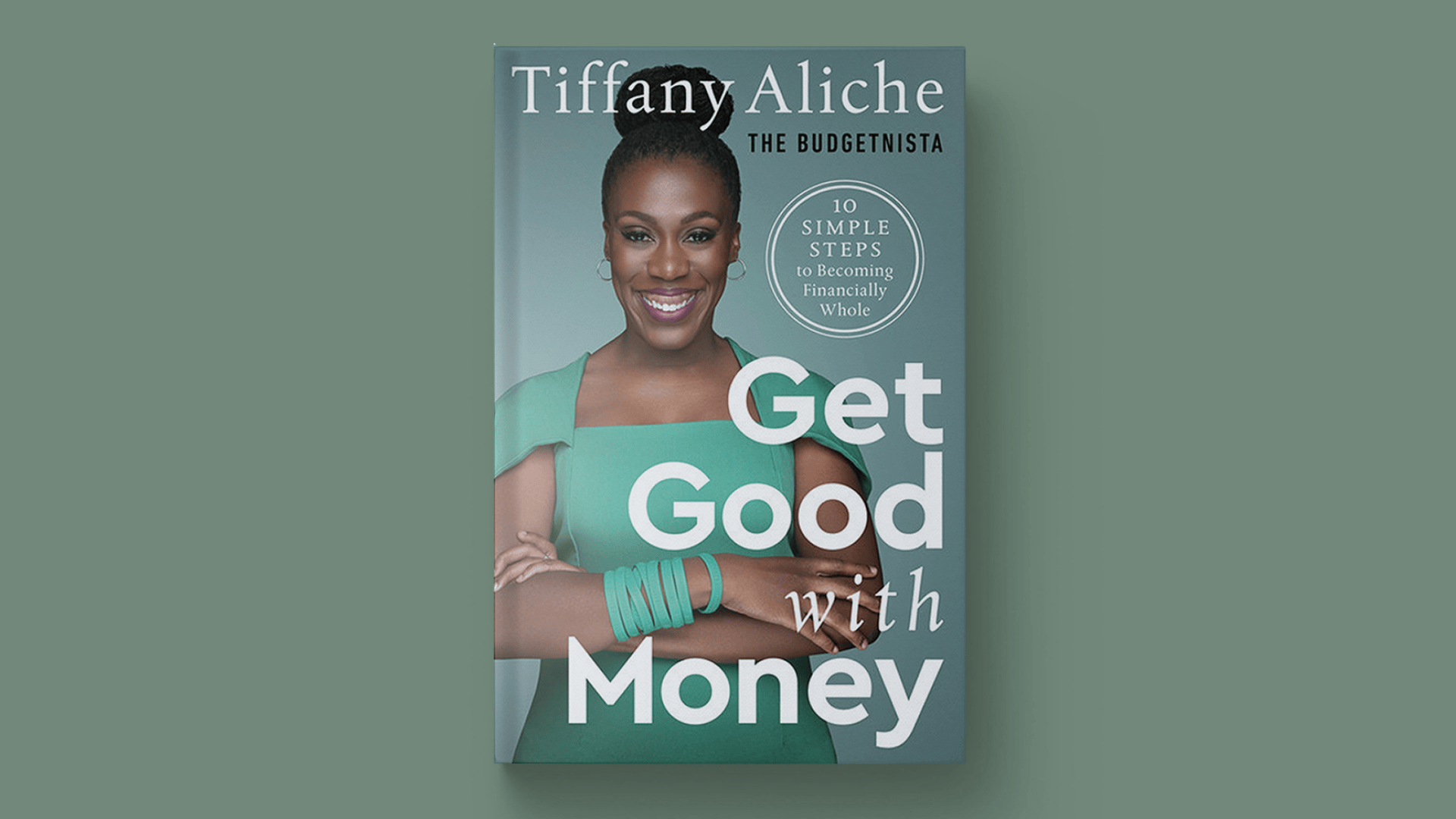
Get Good with Money by Tiffany Aliche, also known as “The Budgetnista,” lays out a ten-step plan for financial security. It covers saving, debt payoff, insurance, and more.
It’s especially helpful for readers who want structure. While it may feel basic for advanced learners, beginners will love its step-by-step approach to building financial confidence.
Top Picks for Women
Money advice often misses the unique challenges women face. These books address career gaps, wage differences, and financial confidence:
6. Financial Feminist
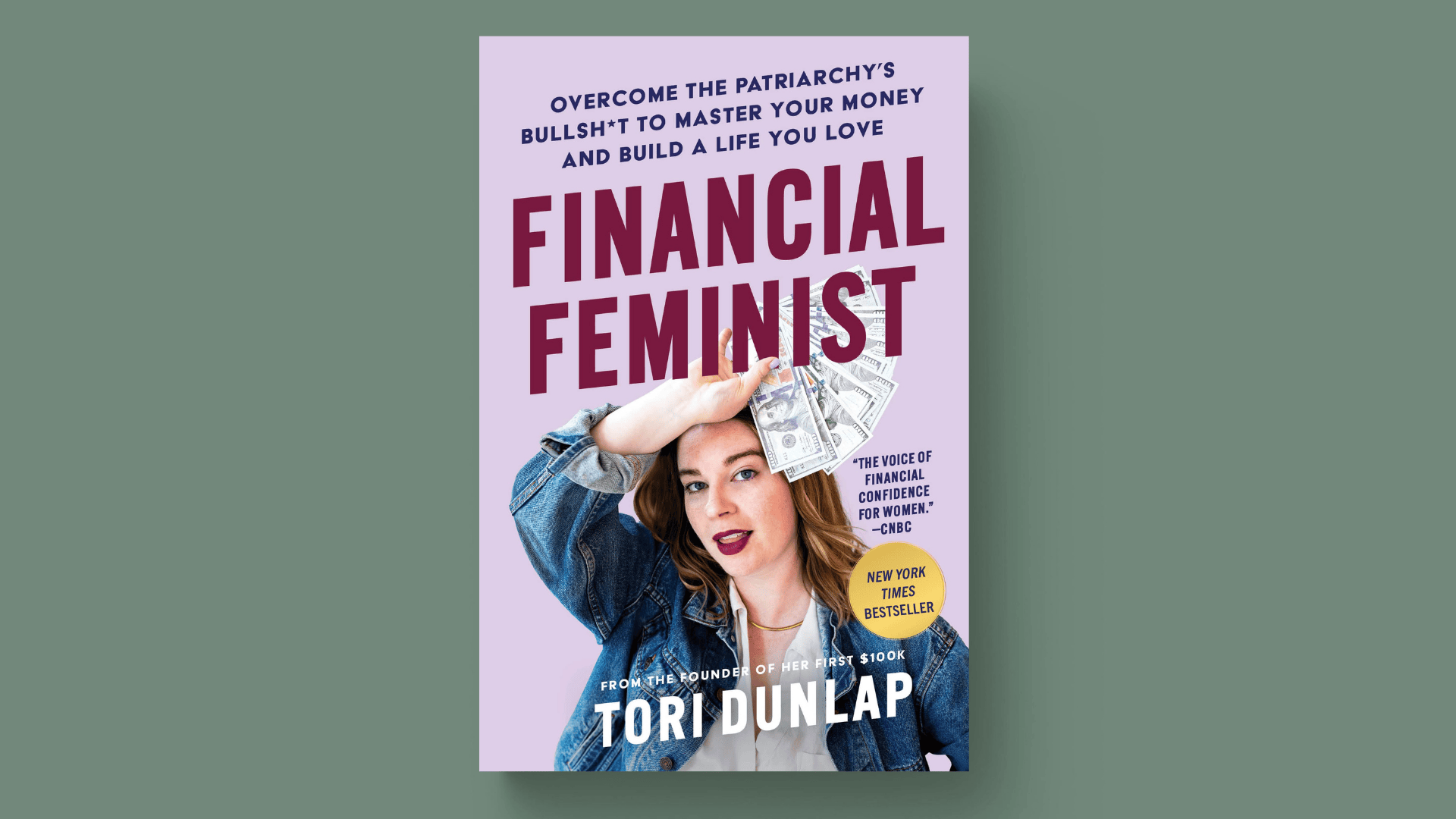
Financial Feminist by Tori Dunlap is part guide, part empowerment tool. She mixes money lessons with encouragement for women to take control of their finances.
Topics include debt, investing, and negotiating pay. The strength is its supportive tone, though it may lean heavily on mindset. It’s best for women who want both skills and motivation.
7. We Should All Be Millionaires
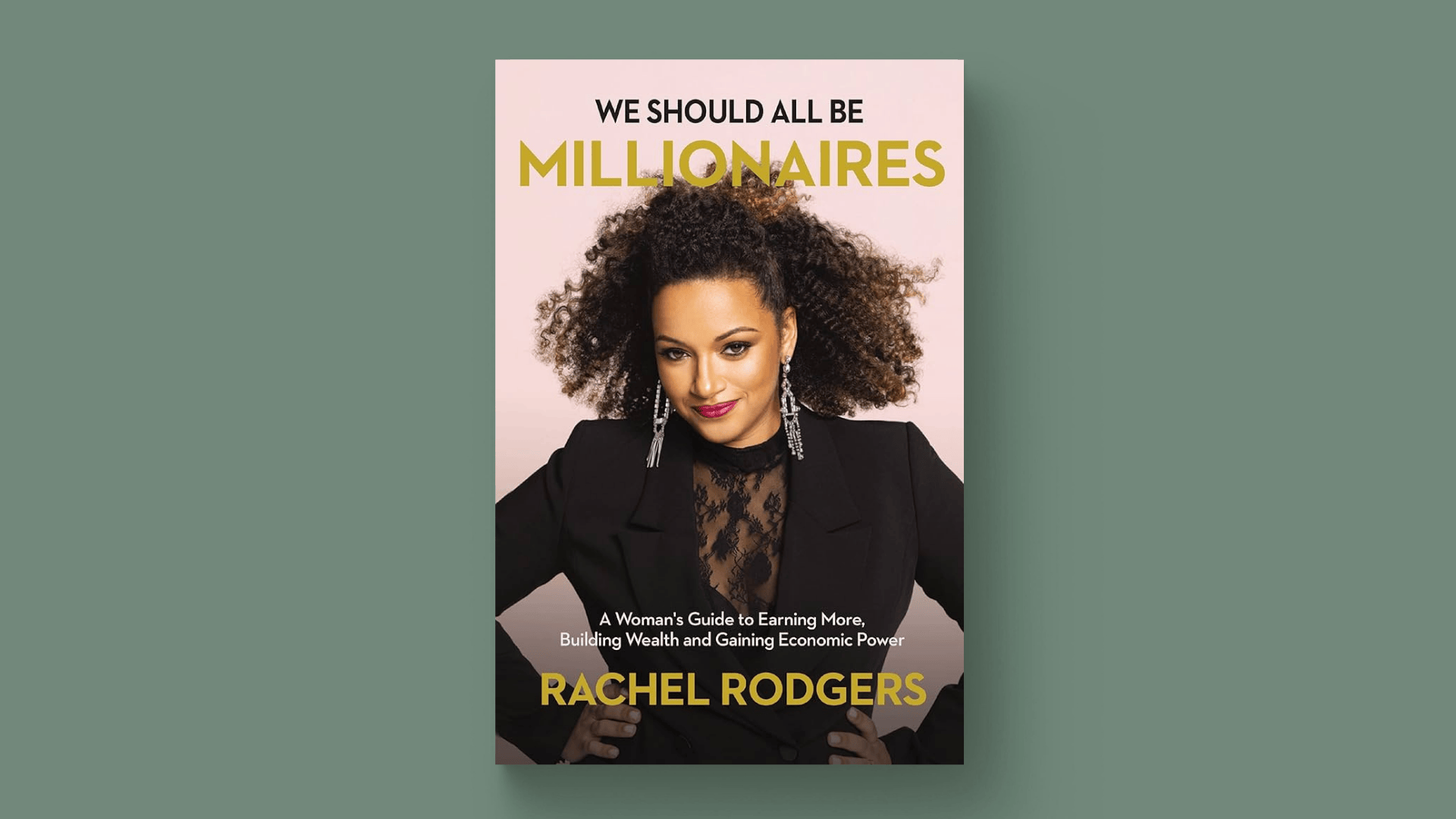
We Should All Be Millionaires by Rachel Rodgers focuses on building wealth by thinking bigger and earning more. It’s aimed at women who want to break limiting beliefs and increase income.
The book shines at motivating readers to see new possibilities. Some may wish for deeper investment details, but its power lies in shifting how women think about money.
Books That Help Couples Master Money Together
Money can cause stress in relationships. This books helps couples talk, plan, and grow wealth together:
8. Smart Couples Finish Rich
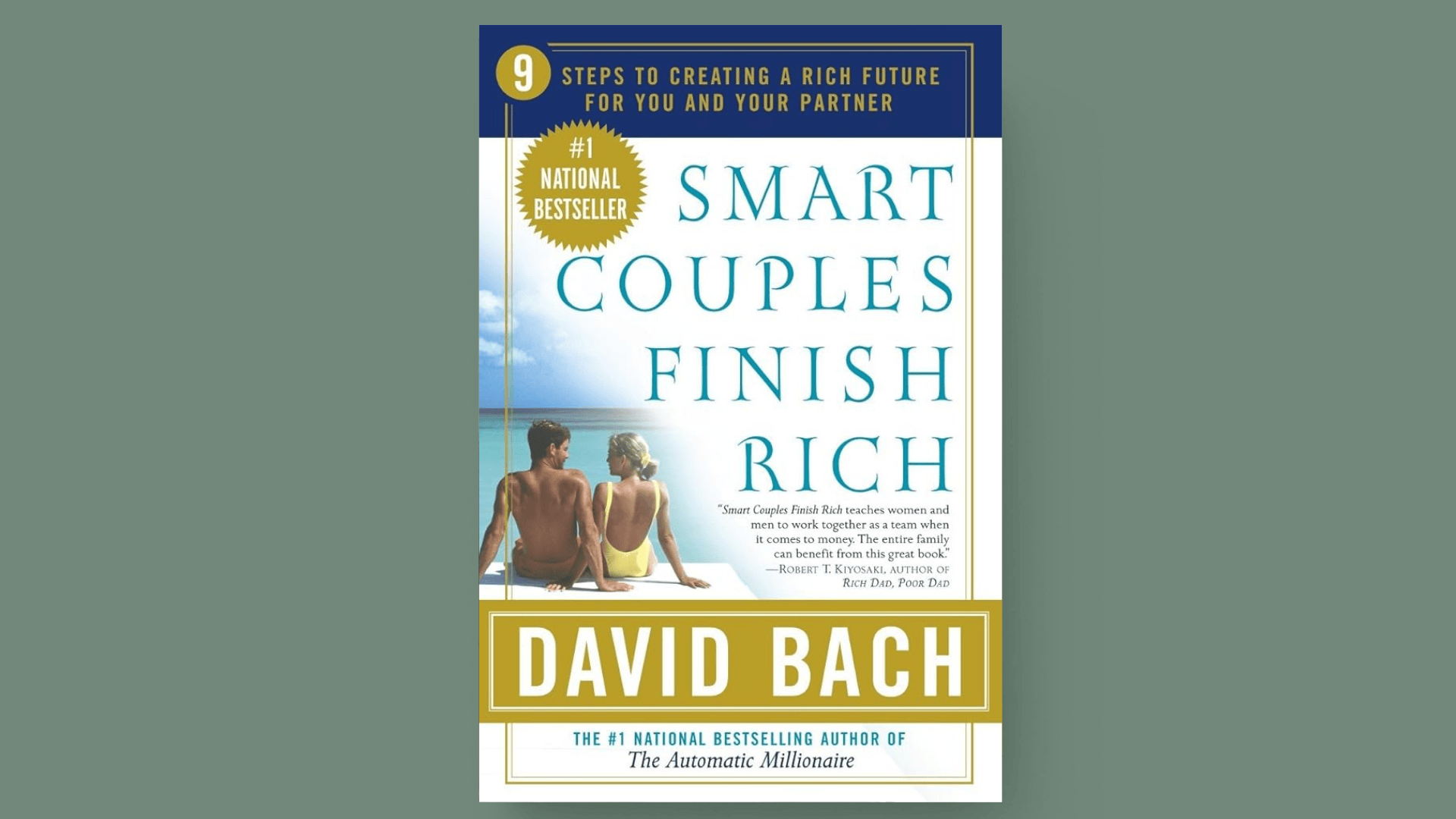
Smart Couples Finish Rich by David Bach helps partners create a shared financial vision while building wealth together. It covers practical topics like retirement accounts, savings, and goal setting.
The book stands out for its focus on teamwork and values-based planning, making it a solid choice for couples at any stage of life.
Smart Picks for Teens and Young Adults
Starting early with money skills sets the foundation for lifelong success. These books make finance easy and engaging for younger readers:
9. Money Skills for Teens
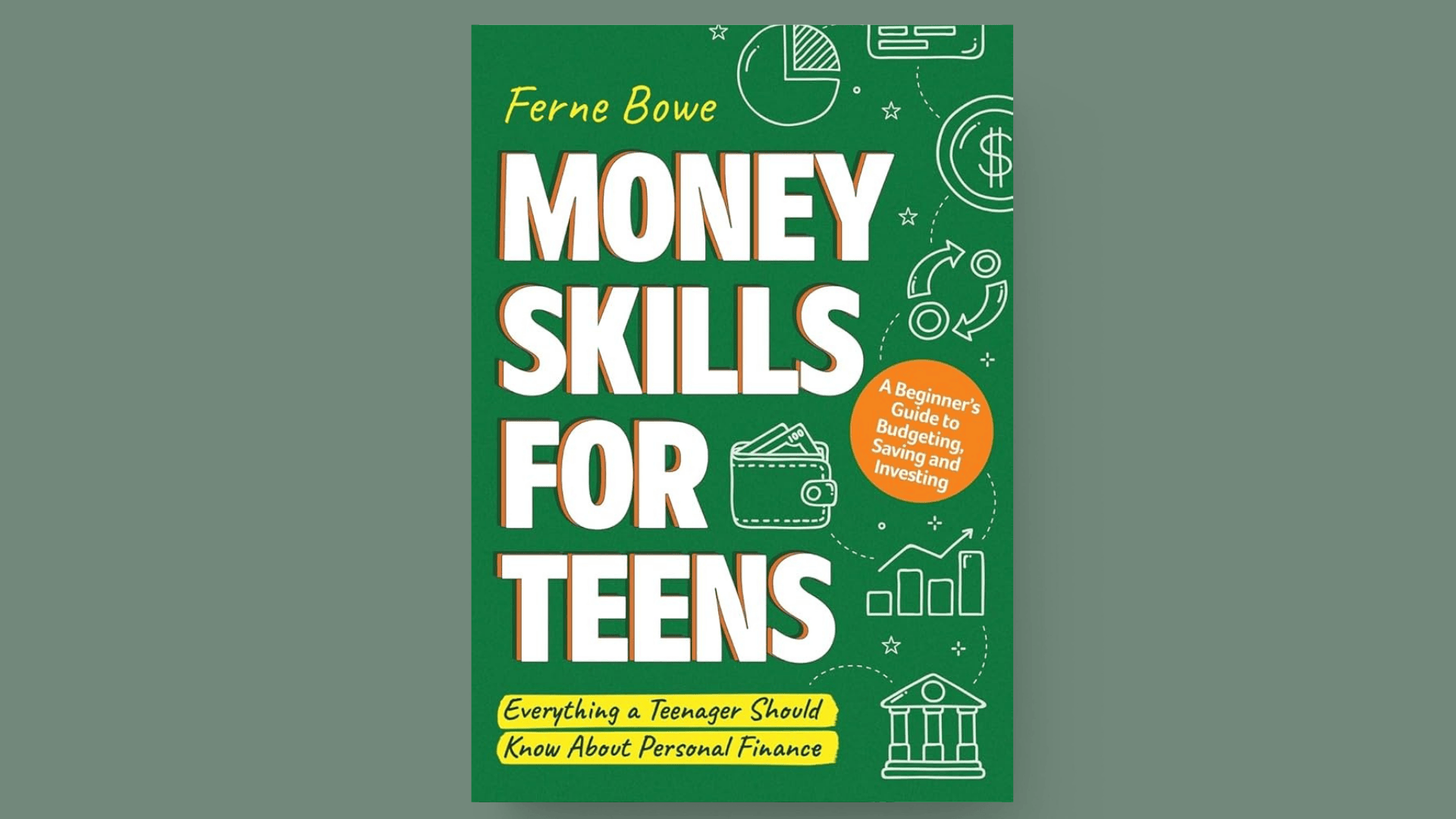
Money Skills for Teens by Ferne Bowe teaches budgeting, saving, and building smart habits. The simple language makes it easy to follow, and the lessons are practical.
It’s best for teenagers who want a clear, step-by-step guide. While advanced readers may want more, it works well as a starter tool for personal finance basics.
10. Personal Finance 101
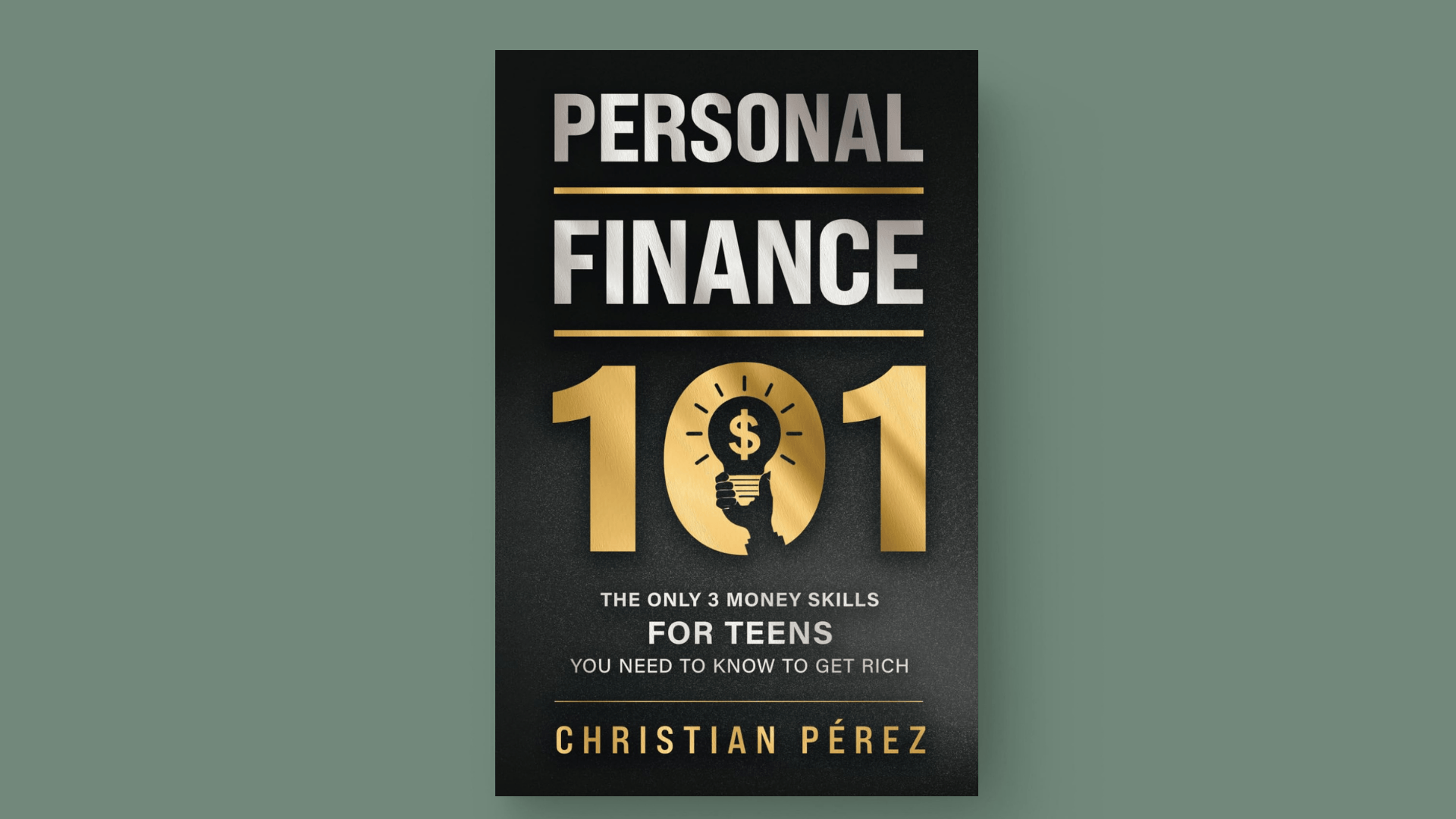
Personal Finance 101 by Alfred Mill breaks down money topics in a simple question-and-answer style. It covers banking, credit, and investing in plain words.
The format makes it quick to read and easy to revisit. Some may find it less detailed than other guides, but it’s ideal for young adults who prefer straightforward answers to big money questions.
Essential Reads for Retirement Planning
Planning ahead for retirement gives peace of mind. These books help you prepare for life after work:
11. The Five Years Before You Retire
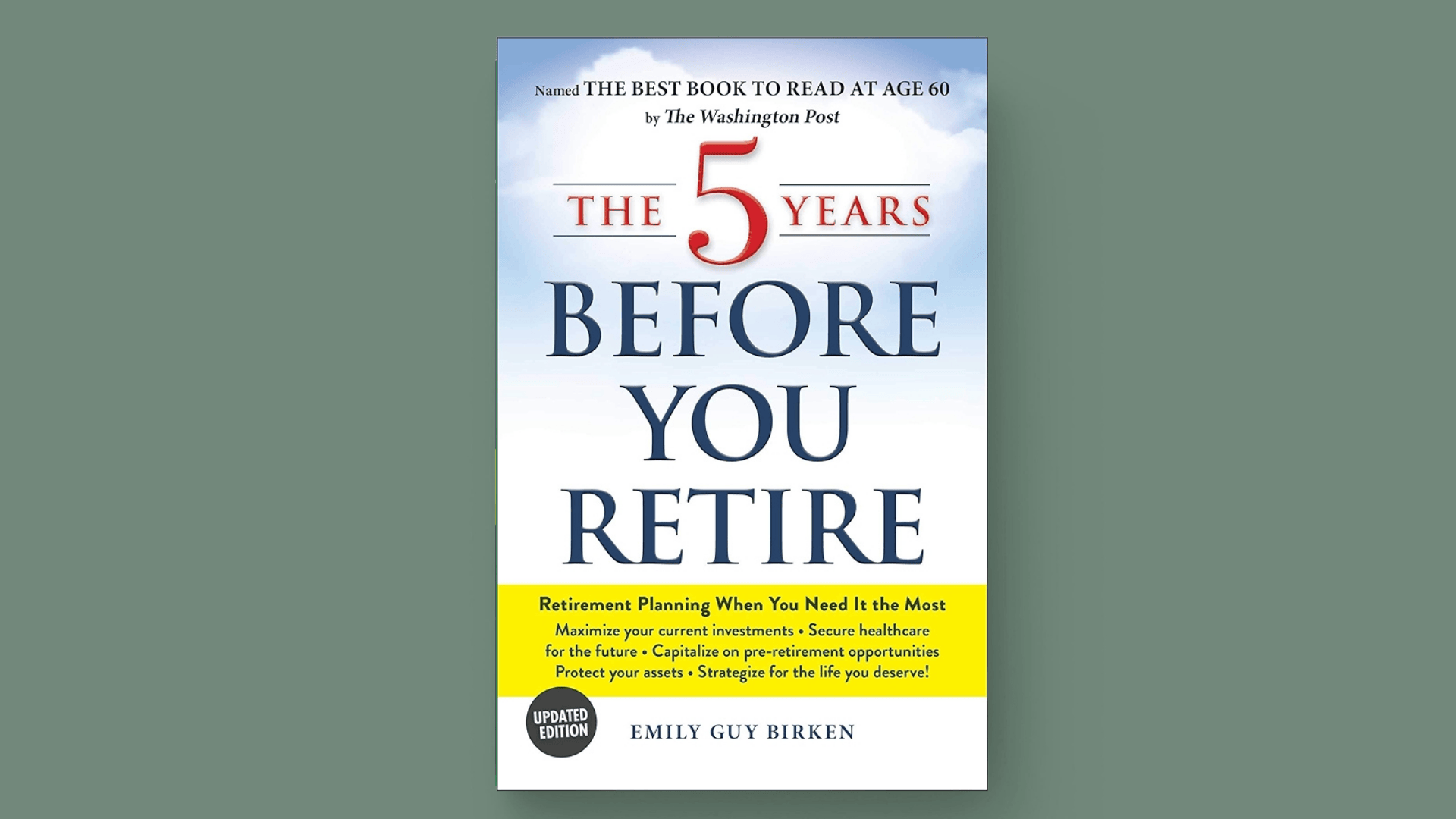
The Five Years Before You Retire by Emily Guy Birken explains what to focus on as retirement nears. It covers Social Security, Medicare, savings, and budgeting for life changes.
The clear steps help reduce stress in the transition. Some may wish for deeper investing advice, but for pre-retirees, this is a practical roadmap to the final stretch before retirement.
12. The Ultimate Retirement Guide for 50+
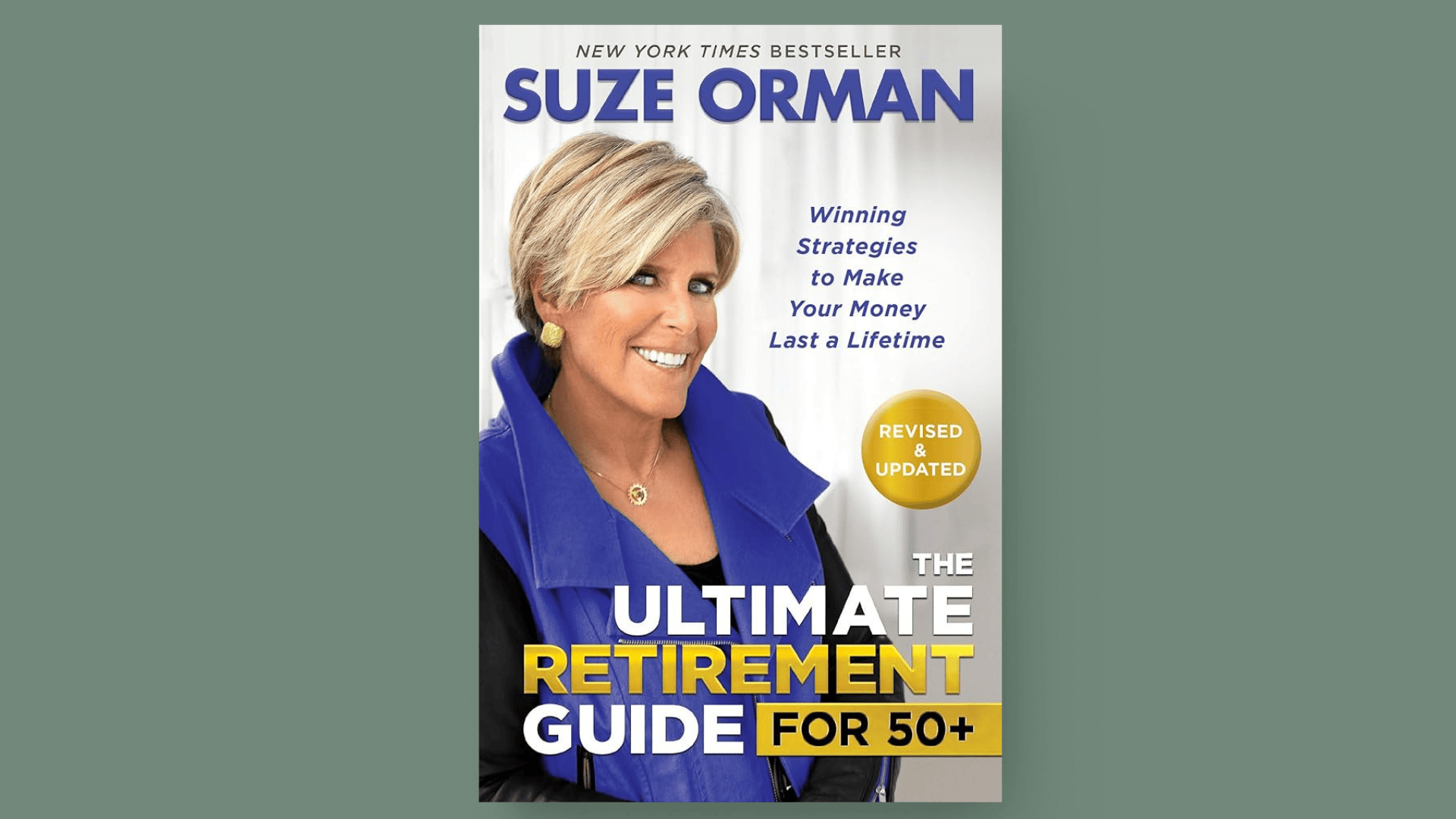
The Ultimate Retirement Guide for 50+ by Suze Orman offers practical, no-nonsense advice for people entering their 50s and 60s. She explains insurance, withdrawals, and protecting your nest egg.
The book’s strength is its clear direction on common worries. Some may find her tone strict, but many appreciate the tough-love approach to making retirement decisions.
Best Guides for Learning to Invest
Investing can feel complex, but these books simplify it. They’re great for beginners and long-term investors alike:
13. The Little Book of Common Sense Investing
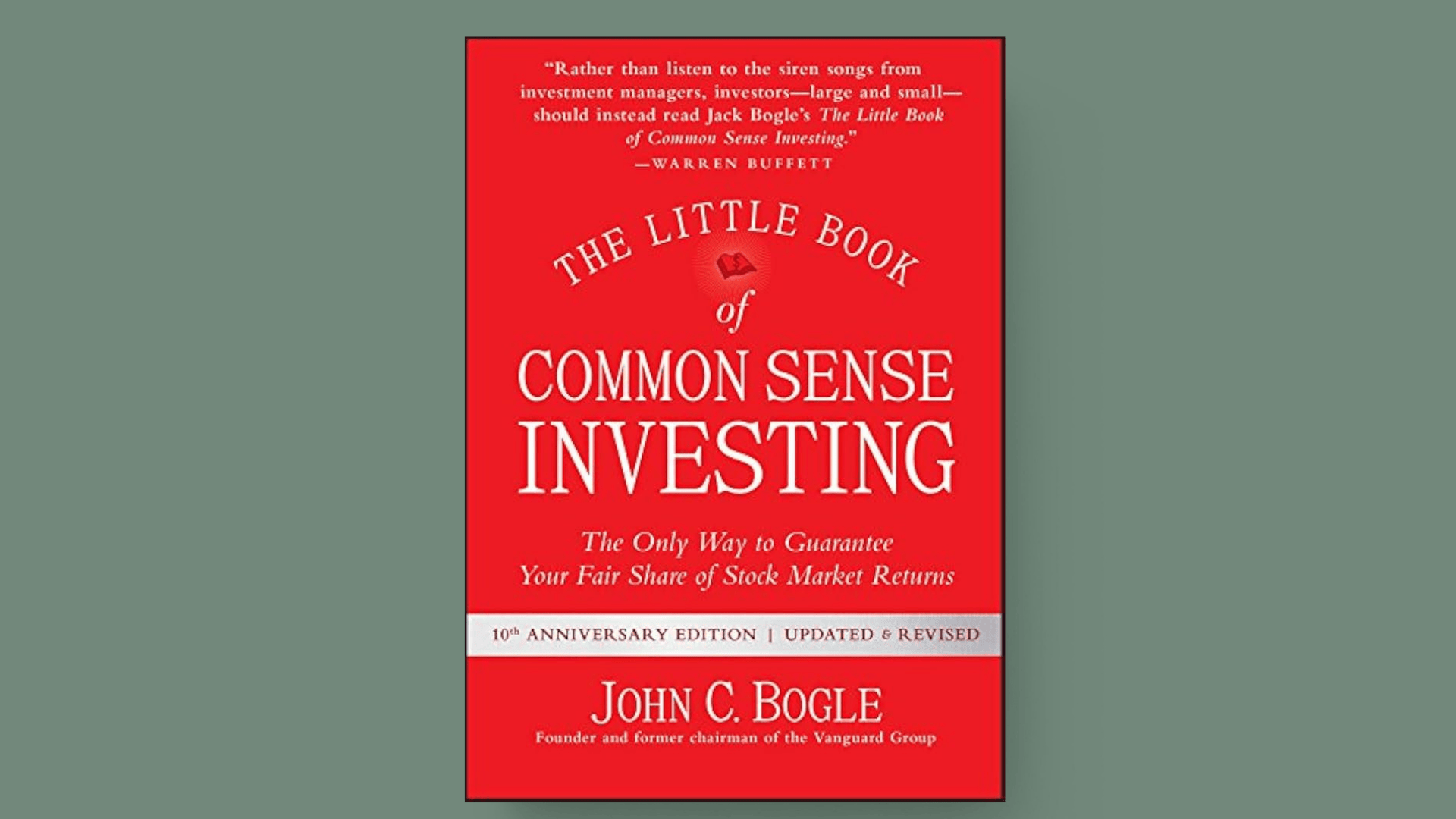
The Little Book of Common Sense Investing by John C. Bogle makes the case for index funds. It teaches readers why low-cost, long-term investing beats risky strategies.
The clear writing is its biggest strength. Some may find it repetitive, but its core message is a proven guide for anyone serious about growing wealth steadily.
14. The Bogleheads’ Guide to Investing
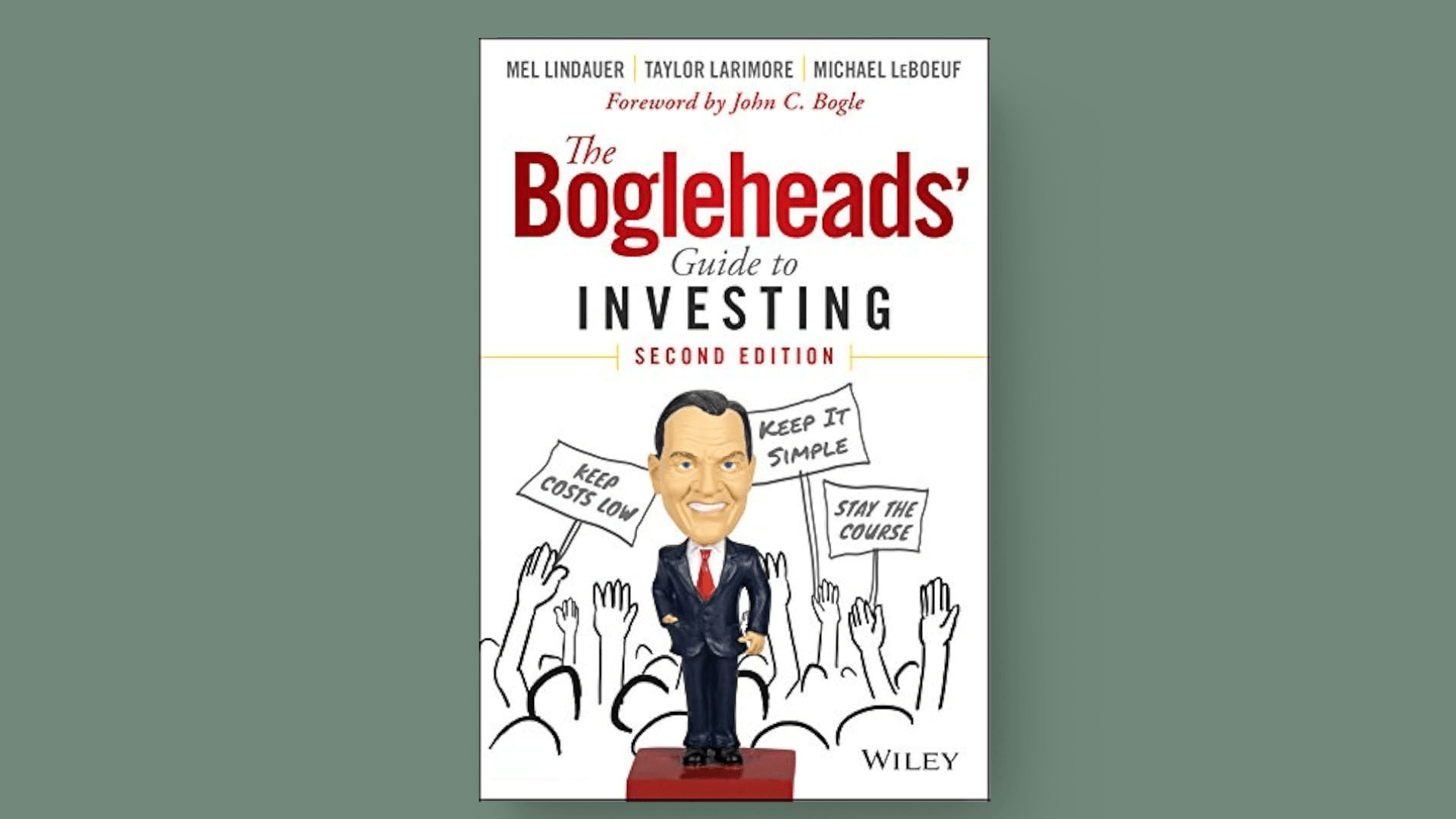
The Bogleheads’ Guide to Investing by Larimore, Lindauer, and LeBoeuf expands on John Bogle’s philosophy with step-by-step investing strategies. It covers retirement accounts, taxes, and practical portfolio building.
The friendly tone makes it approachable. Some may feel it’s more advanced for complete beginners, but it’s a great fit for readers ready to invest confidently with proven, simple methods.
Each category highlights books that meet specific needs. Picking the right one depends on where you are in life and what money challenges you want to solve first.
Personal Finance Books: Classics vs. Modern Picks
Classics offer proven wisdom that stands the test of time, while modern titles speak to today’s challenges and money culture. Here’s how they compare:
| Type | Key Lessons | Best For | Pros | Cons |
|---|---|---|---|---|
| Classic Titles | Focus on mindset, discipline, and long-term investing principles. | Readers who want timeless strategies and foundational knowledge. | Trusted advice, proven over decades, and deep insights. | It can feel dated, slow to read, or less practical for today’s fast-changing world. |
| Modern Titles | Cover current issues like student debt, financial independence, and everyday investing habits. | Young professionals and readers who want up-to-date strategies. | Relatable examples, simple language, and actionable steps. | May lean casual, less depth in theory, and trends can fade quickly. |
Both types have valuable classics that build strong foundations, while modern picks help you apply lessons to today’s money realities.
How to Choose the Right Book
Picking the right book is easier when you focus on what matters most. Use these quick tips to guide your choice:
- Life stage: Are you a student, young professional, couple, or close to retirement? Choose a book that matches your current phase.
- Main challenge: Think about your top need: budgeting, paying off debt, saving, investing, or planning for retirement.
- Learning style: Do you prefer stories and real-life examples, or clear step-by-step instructions? Pick a style that keeps you engaged.
- Depth level: Beginners may want simple guides, while experienced readers can handle more advanced investing or strategy books.
- Action vs. mindset: Some books focus on practical steps, while others build confidence and money habits. Choose based on what you lack most.
The best book is the one that fits your situation right now, not just the most popular title.
Resources for Personal Finance Books
To make the most of the books shared above, here are some useful resources that can help you access, read, and apply the lessons:
- Official Publisher Sites: Most of the books can be found directly on publisher websites like Penguin Random House, HarperCollins, or Wiley. They often list multiple formats, including paperback, hardcover, and eBook.
- Audiobook Platforms: Many of these titles are available on Audible and Google Play Books for those who prefer listening on the go.
- Retailers: Books are widely available on Amazon, Barnes & Noble, and Bookshop.org for quick purchase in different formats.
Conclusion
Managing money doesn’t have to be complicated. The best personal finance books give you clear steps, real examples, and the confidence to make smarter choices every day.
No matter if you’re paying off debt, saving for retirement, or learning how to invest, there’s a book that can guide you through the process.
The key is to start with one book that fits your current goals and take action on the lessons you learn. Each small step builds financial confidence over time.
Ready to take control of your money? Pick one of these books today and start towards financial freedom.










